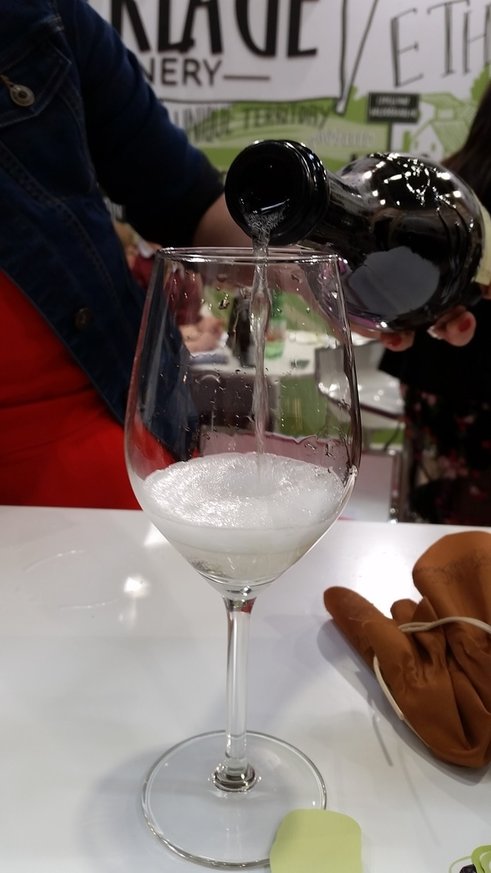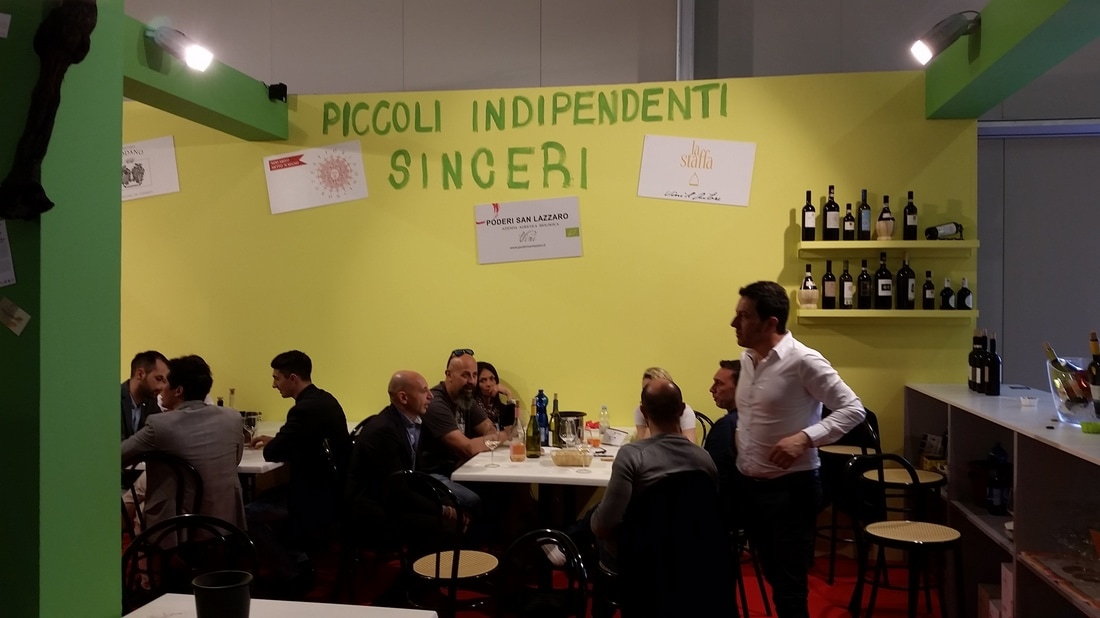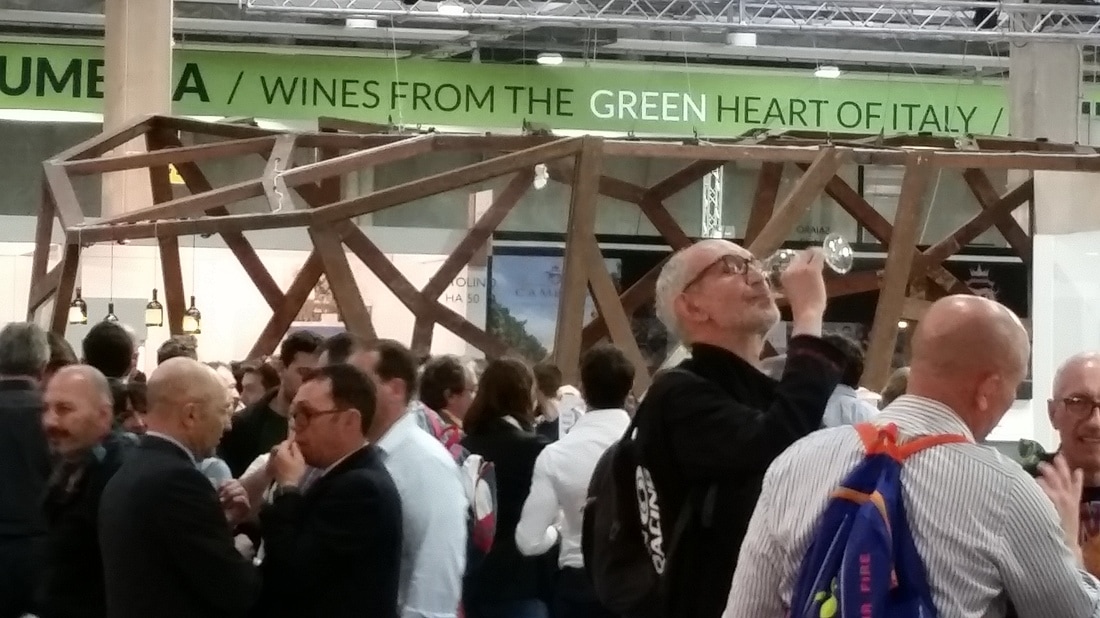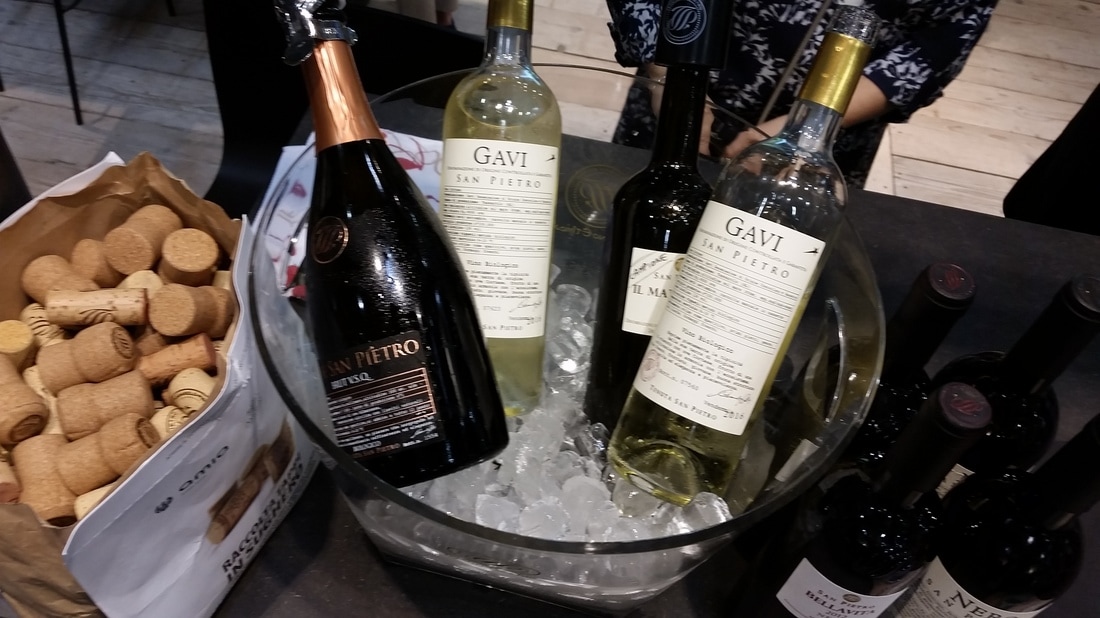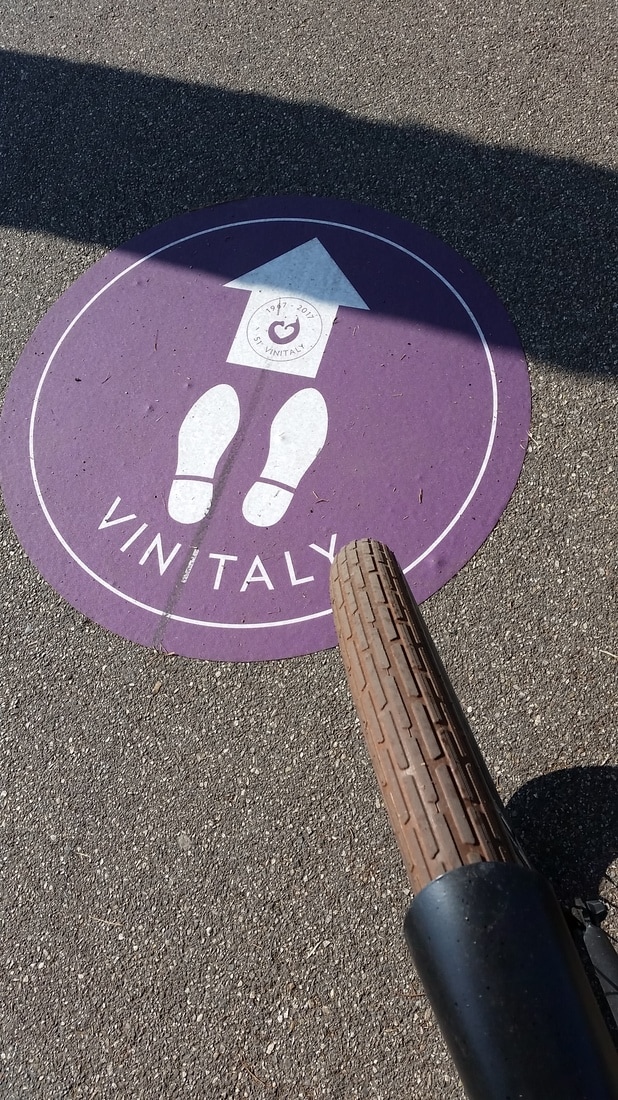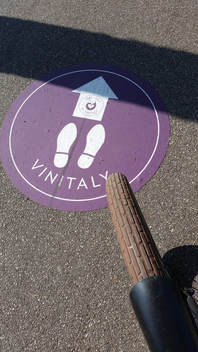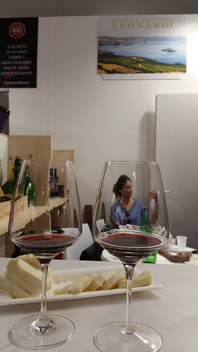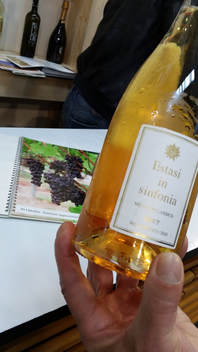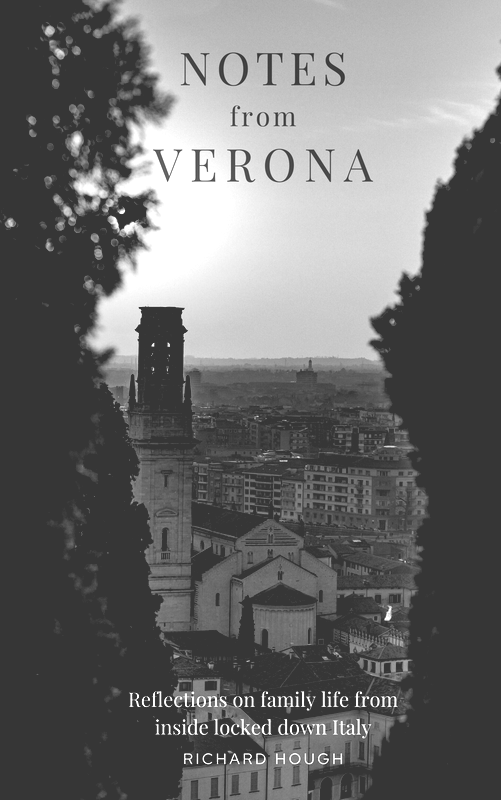|
Organic wine is one of the dominant themes at Vinitaly Verona.
In Italy, a country slower than most to embrace social change, organic wine is becoming increasingly visible on the supermarket shelves. Here in Verona, I've stumbled across several of organic vineyards and many bars and restaurants in the city now showcase a 'vino biologico' on their wine list.
No hangover - the benefits of going bio
Organic wines are made from organically grown grapes. This means that they are cultivated in accordance with certain country-specific rules which exclude the use of artificial chemicals such as fertilisers or pesticides. Perhaps because of less intensive production techniques using fewer synthetic chemicals, organic wine tastes good. So, while vino biologico satisfies the twin consumer impulses of healthy eating and environmental sustainability, it also contains less sulphur dioxide, which might just reduce the risk of a hangover!
Green demand
As a recent Guardian article pointed out, the rise in the number of environmentally conscious consumers has led to a boom in sales of organic wines, beers and spirits. The growing importance of organic wine is reflected in increased sales (by as much as 20% in countries like Canada, Sweden and the Netherlands). In Germany, almost a quarter of under 30s regularly buy organic produce. In order to meet this increased demand, the number of vineyards with organic status has also exploded. Between 2004 and 2011, the number of organic vineyards tripled (from 88,000 to 256,000 hectares). And it's not just small independent producers who are going organic. Today, many big wine brands are adapting their production techniques to meet the green demand. According to the Research Institute of Organic Agriculture (FiBL), Spain is currently the largest producer of organic wine, with some 80,000 hectares of organic vineyards. Italy is thought to have somewhere between 50,000 and 60,000 organic hectares.
Green Italy?
In Italy, regions like Sicily, Puglia and Tuscany are leading the way in organic wine production. But domestic demand for organic wine remains underdeveloped and organic wine producers rely heavily on the export market. In fact, some producers I spoke to at Vinitaly Verona (the city's annual wine fair) export as much as 75% of their overall output. The primary export destination for these organic products are the lucrative markets of northern Europe - Germany and Denmark were mentioned time and time again. The UK market, it seems, is not quite so well-developed, although many producers would love to get a foothold on the potentially lucrative English market.
But, amongst all the talk of ethical production techniques and saving the planet, there is a darker side to the Italian agricultural economy. According to a recent New York Times article, the 40,000 Italian women, as well as migrant and seasonal labourers, who constitute the agricultural workforce in Italy, are employed in appalling conditions for scant financial reward. Conditions are so bad, in fact, that they have been compared to a system of modern day slavery. In one tragic case a couple of years ago, a cruelly exploited grape picker died in the field while sorting grapes. Such practices have no place in an industry that aspires to be 'ethical'.
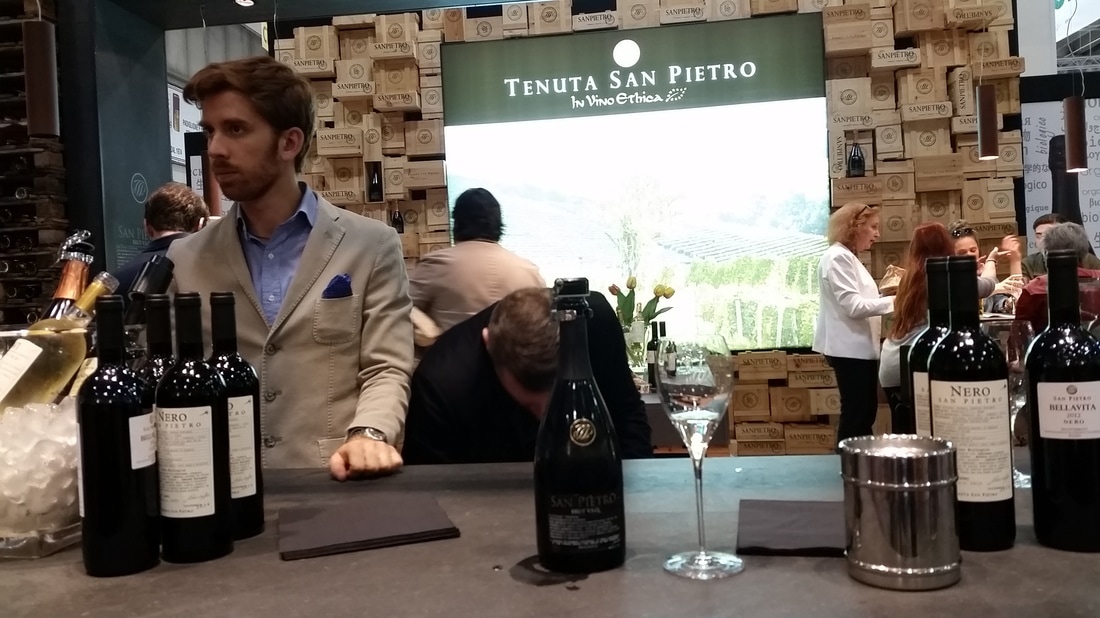 Vinitaly Verona 2017, the Tenuta San Pietro stand Vinitaly Verona 2017, the Tenuta San Pietro stand
Vinitaly goes bio
For a number of years now, Vinitaly Verona has recognised the importance of the booming organic sector. In collaboration with the Italian Federation of Organic and Biodynamic Agriculture, it has launched Vinitalybio, an area dedicated to certified organic wine from Italy and beyond. Organic wine was not limited to this area though, as throughout the fair there were plenty of organic, vegan, ethical and biodynamic wines to choose from.
For my tastes, these brands, with their simple designs and natural themes, were amongst the most attractive on show. Emerging from the inevitable fog of a four-day wine fair, a few spring to mind.
Le Carline (a family-run organic/vegan vinery just outside Venice), Perlage Winery (an organic/vegan prosecco producer with innovative visuals) and Tenuta Bastonaca (a Sicilian vinery that is currently converting to organic status). These are just a few of the many talented and passionate producers I spoke to. A final mention for Tenuta San Pietro, an organic producer from Piedmont. Informative front of house staff, an engaging sommelier and a delightful wine, including an innovative "talking label". Here the philosophy is that because discerning customers like to know exactly what they are consuming, all the technical information goes on the front label rather than hidden away on the back. Pedal power And so, after a day spent enjoying so much organic wine at Vinitaly Verona, there is only one way for me to get home. And no, I didn't have a hangover the next morning! More from Vinitaly Verona... |
AboutRichard Hough writes about history, football, wine, whisky, culture + travel and is currently working on a trilogy about wartime Verona.
|
